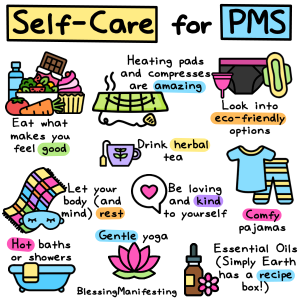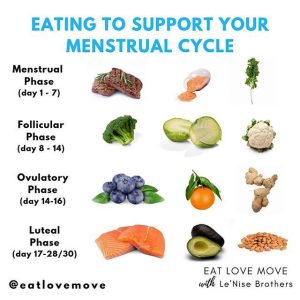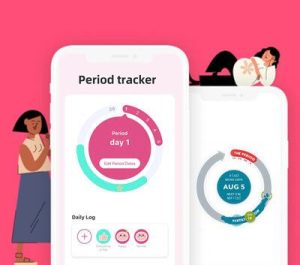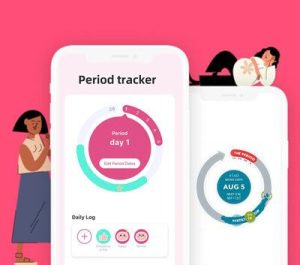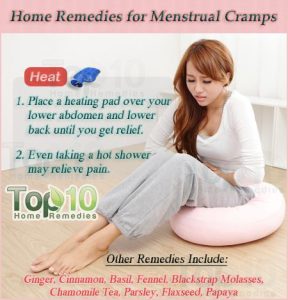How, when and why is a nutritional supplement useful?
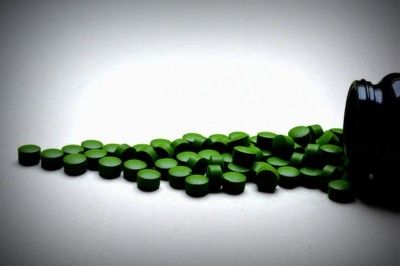
How useful is nutritional supplementation?
We all want to be healthy, fit, happy and as independent as possible from food supplements. However, this is rarely possible nowadays.
Most people also often pay too little attention to what they eat on a daily basis. But that is not the only problem.
Nowadays, neither laymen nor experts agree on what a healthy diet looks like at all. Instead, there are many different approaches from raw food to Paleo to low carb.
Most of them have their justification and build on important backgrounds. However, these diets are usually very different, sometimes even contradictory.
Also with the question of food supplements still different opinions prevail. While some people label these supplements as unnatural and superfluous, they are an important part of the daily diet, especially for certain groups in the sports sector.
But when does it make sense to take protein powders, vitamin tablets or detox products like Clean Body Restart?
When nutritional supplementation can be useful
Nutritional supplementation or. Dietary supplements were introduced to provide people with deficiencies or increased needs with essential nutrients such as vitamins, minerals or trace elements.
There can be many reasons why a person does not get sufficient amounts of a particular nutrient or cannot absorb it through food due to physical limitations.
On the one hand, this can happen due to environmental factors such as winter, when a lack of sunlight hours means that not enough vitamin D can be produced by the body.
The accumulated stores are usually only enough for a few months, but not the entire winter and spring. Here, for example, a vitamin preparation can be a useful supplement.
In the same way, there are malfunctions of the complex digestive processes in our body, so that individuals cannot utilize certain vitamins or convert them into an active form.
Supplements can be used to supply the active form directly or to stimulate digestion through the use of excipients.
Sometimes dietary treatment of various diseases and ailments is possible if they are due to a deficiency of certain nutrients or ingredients with important active ingredients are used to help against these diseases.
Also an excess demand in certain groups of people such as iron in women or proteins in athletes can justify the use of dietary supplements.
Side effects and overdoses
However, just like with other foods, individual allergies or intolerances can occur.
People with known or suspected intolerances need to check exactly what is included before taking it.
In addition, there are many cheap products that rely on low-quality ingredients and may even have impurities. This phenomenon is known for example with very cheap protein powders.
Ultimately, even an overdose of minerals and vitamins is possible. Especially if the supplement is a high-dose preparation.
An overdose occurs mainly with nutrients that are only fat-soluble, but not water-soluble, and cannot be removed quickly enough by the body.
Other disadvantages of dietary supplements
Dietary supplements, as the name suggests, are intended to supplement the daily diet and are not a substitute for healthy foods. Therefore, they should never be a noticeable part of the diet over a long period of time.
Thus, a pyschological dependence can quickly develop, which considers supplements as necessary.
Even today, there are still many connections that modern medicine and science do not understand in the body, food, and digestion. What is considered sensible today may be disproved in a short period of time.
Therefore, it is essential to continue to rely on natural foods and to strive for a healthy diet that does not require supplements.
